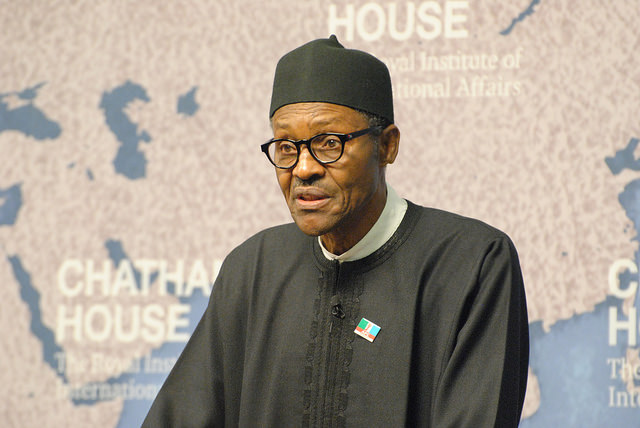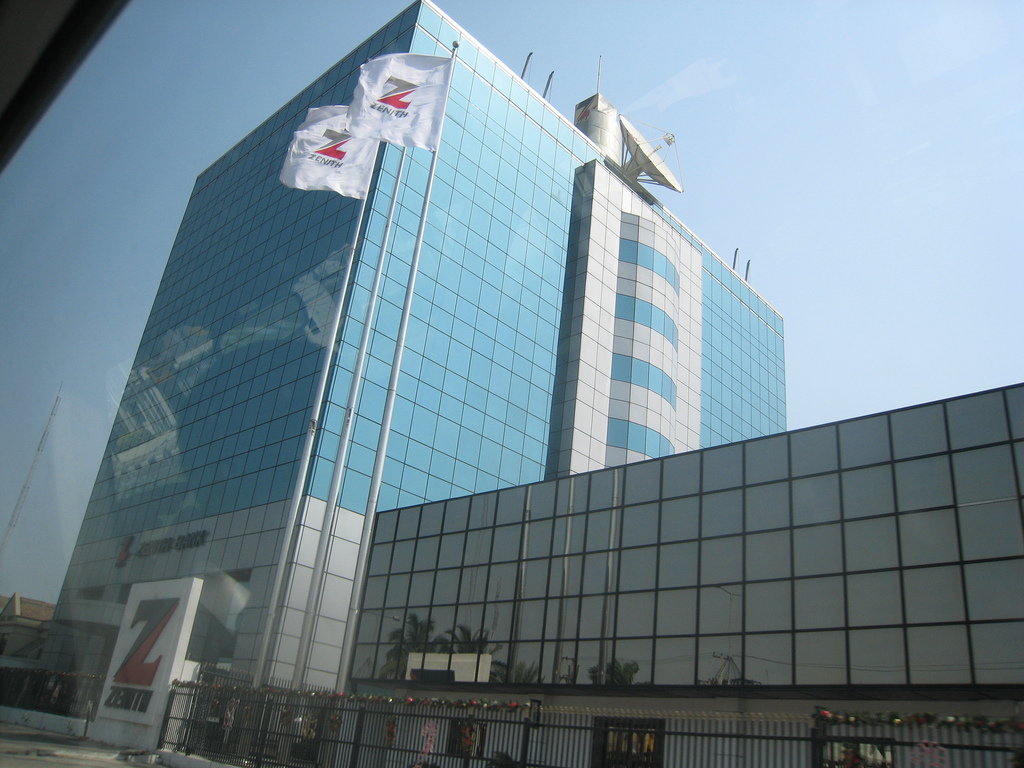Sustainable business practice is a hot topic because ensuring the continuity of today’s economical survival into the future is of great concern. The core question is how a country can reconcile the need to be environmentally and socially sustainable with the demands of a market-based system, whose key measurements of success are growth and profit. Nigeria is just climbing out of recession and while the government is focusing on structural reforms to diversify the country’s economy, financial institutions have adopted a guideline of sustainable business principles that help evaluate the effect of their operations on the quality of lives, the economy and even the very existence of the Nigerian economic system as a whole.
Giant strides and setbacks
Firstly, we need to remember that Nigeria is a mammoth in all respects: in it resides the biggest population of the continent of Africa (the 7th biggest in the world) and its capital, Lagos, is one of the fastest growing megacities of all times. Nigeria also plays a key geopolitical role in West Africa while being one of the rising African economic giants side by side with South Africa and Egypt.
The risk is that when a giant falls, it falls hard. Nigeria slipped into recession in 2016, battling with unpredictable fluctuations in oil prices; a falling naira, the Nigerian currency; and an inflation rate higher than in more than a decade. The population of the country is relatively young and filled with potential, but at the same time it is a critical challenge to be checked – a tinderbox waiting to flare up if desperation and disillusionment creep in.
Just a year ago the prospects for a reemerging Nigeria seemed gloomy to say the least: its economy is reliant on oil and susceptible to knockouts when crude prices crash and Nigeria is perturbed by the threat of extremist terrorism. An ongoing task for the Nigerian officials has been to reassure Nigerians and foreign investors that President Buhari, who was on medical leave for most of 2017, is strong enough to steer the country out of harms way.

Sustainability a.k.a. how to stay in business
When the going gets tough, the tough get going and that is exactly what Nigeria is doing as it is emerging from its first recession in 25 years. The climb back has been nerve-wracking with the aforementioned internal challenges and external variables, such as fluctuating oil prices, putting additional pressure on the economy and the Nigerian society.
However, due to the recession, the government has become aware of the urgent need for structural reforms to properly diversify the country’s economy. Infrastructure for agriculture, energy, and transport, are necessary for a more sustainable Nigeria that would not depend on oil for growth.
Already as early as 2012 the Nigerian business sector emphasized the necessity of sustainability within its own framework. The Bankers’ Committee adopted in July 2012 the Nigerian Sustainable Banking Principles that oblige “banks, discount houses and development finance institutions to develop a management approach that balances the environmental and social risks identified with the opportunities to be exploited through their business activities”.
What makes balancing like this ever more daunting is that sustainability comes with a price that does not necessarily square with the profit incentives that the market has to offer. It is all too common to hear that many companies succeed by doing nothing at all to be more sustainable; others even survive by doing harm.
However, according to Ibukun Awosika, the Chairwoman of the First Bank Nigeria Limited “business sustainability is an approach that creates long-term stakeholder value by implementing a business strategy that considers every dimension of how a business operates in the ethical, social, environmental, cultural, and economic spheres.” A wholesome approach like this seems critical in a complicated situation with which Nigeria is dealing as it is leaving the recession behind.

In the future Nigeria should expect evermore complex challenges; however if it practices what it preaches and strides forward with its sustainable aspirations while learning from its experiences in the recession, the mammoth need not fear extinction.
By: Anna Bernard
Images:
Global Panorama, Nigeria Flag, Attribution-ShareAlike 2.0 Generic (CC BY-SA 2.0)
Global Panorama, Gen Buhari, Attribution-ShareAlike 2.0 Generic (CC BY-SA 2.0)
David Holt, Money 013 nigeria 1995, Attribution-ShareAlike 2.0 Generic (CC BY-SA 2.0)
Satanold, IMG_0454, Attribution 2.0 Generic (CC BY 2.0)










